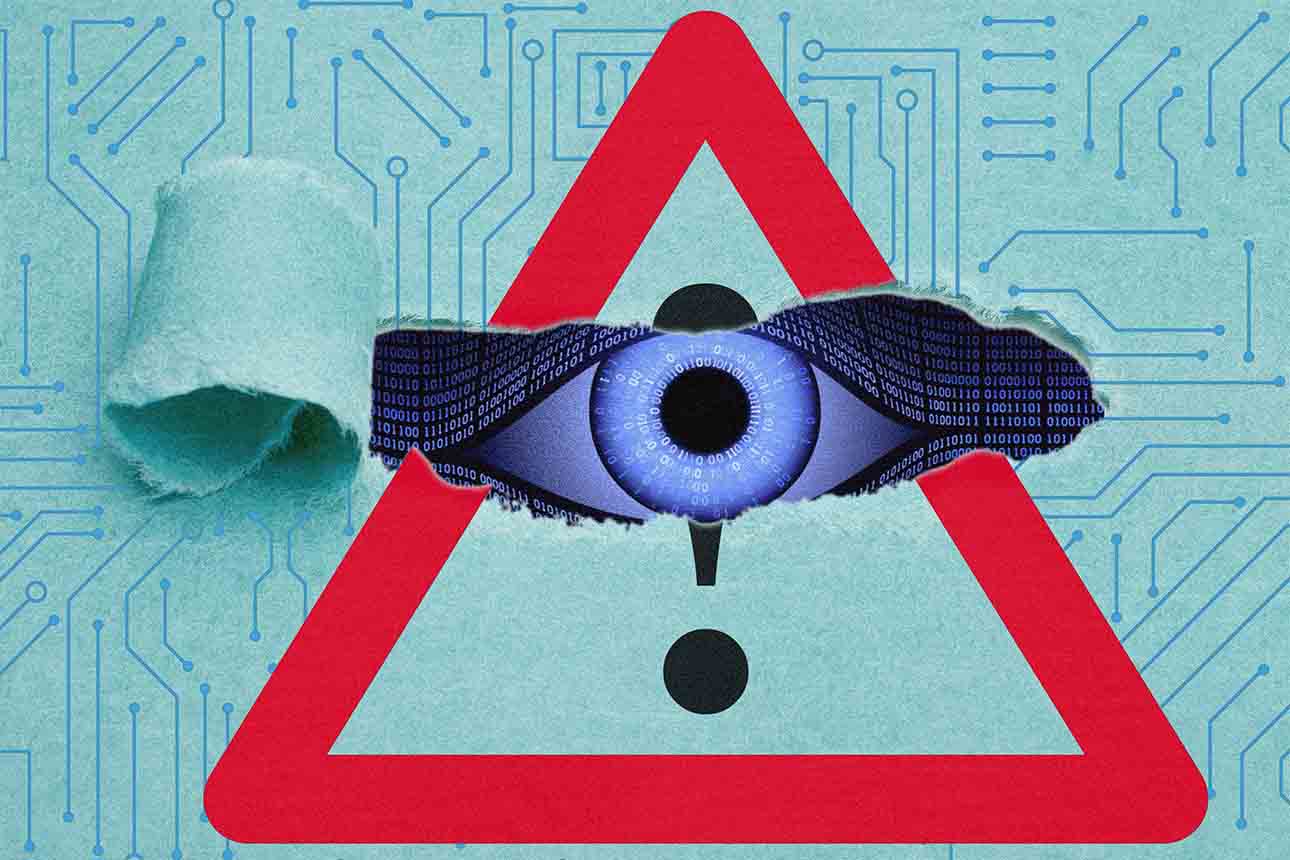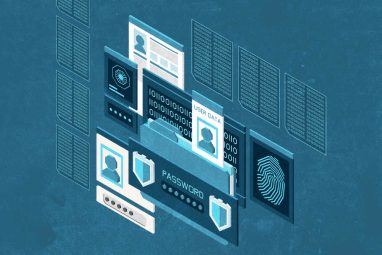How Tech Leaders Can Navigate the Complex Landscape of AI-driven Security Threats
The latest research emphasizes that the future of IT security is not about technological advancements but adapting to a new culture of security awareness and ethical responsibility.
Topics
News
- Identity-based Attacks Account for 60% of Leading Cyber Threats, Report Finds
- CERN and Pure Storage Partner to Power Data Innovation in High-Energy Physics
- CyberArk Launches New Machine Identity Security Platform to Protect Cloud Workloads
- Why Cloud Security Is Breaking — And How Leaders Can Fix It
- IBM z17 Mainframe to Power AI Adoption at Scale
- Global GenAI Spending to Hit $644 Billion by 2025, Gartner Projects

[Image source: Anvita Gupta/MITSMR Middle East]
The traditional paradigms of IT security and privacy urgently need a radical transformation, with threat actors shaking our understanding of trust by blending generative AI with deepfake video and voice synthesis to create a social engineering attack landscape. Clearly, with exponential advancements in technologies — AI and quantum computing, data breaches and cyber threats are becoming increasingly sophisticated.
With these new developments, security leaders are looking to implement zero-trust architectures, increase automation, govern their data, and wield technologies on defense to protect their enterprises from the AI-enabled threats of the future.
For the new challenges they face, security leaders need a comprehensive roadmap to help navigate the new realities of information security.
Info-Tech Research Group’s Exponential IT for Security and Privacy blueprint guides technology leaders in elevating their maturity and value-creation capabilities.
The framework aims to bridge the gap between the exponential progression of technological change and the linear progression of IT’s ability to successfully manage that change.
The blueprint outlines a future where autonomous security operation centers (SOCs) become a reality, offering unparalleled threat detection and response efficiency. However, it is also cautioned that this automation brings new challenges, particularly in ensuring continuous ethical assurance and responsible private data usage.
The research explores how zero-trust behavior, once a technical concept, now permeates everyday interactions, requiring a comprehensive shift in organizational conduct to ensure security and trust at every level.
The newly published resource emphasizes that the future of security and privacy in IT is not just about technological advancements but also about adapting to a new culture of security awareness and ethical responsibility. This shift calls for a holistic approach where technology, people, and processes are aligned to create a secure and trustworthy digital environment.
The firm’s blueprint outlines the following key actions, which security leaders can implement:
Assume They Are More Sophisticated: Defend Against AI-Enabled Attacks
Security teams must adapt to the reality that threat actors utilize AI to enhance their attack capabilities. These teams must anticipate the rise of polymorphic APTs and zero-day threats, understanding that attackers operate without the constraints of laws and regulations.
Go Back to the Drawing Board: Mitigate Rampant Privacy Risks
As organizations rapidly adopt AI-enabled functions, IT departments must detect and mitigate unintended security and privacy impacts. This process involves managing the risks associated with the speed, scope, and volume of data harvested, particularly in terms of unintentional PII exposure and compliance with privacy regulations.
Overcome Hesitation: Enable Autonomous Decision-Making
IT leaders should enable AI systems to make informed decisions autonomously in areas such as prioritizing audit recommendations, risk mitigation, and control implementation efforts. This approach requires aligning AI decision-making processes with the organization’s objectives and risk appetite, ensuring that AI-driven actions are effective and aligned with business goals.
By adopting the strategic actions, security leaders can steer their organizations toward a future where security and privacy are not just about defense but also about ethical responsibility and proactive risk management. This approach enhances the security posture and aligns security strategies with broader business objectives, positioning security as a crucial contributor to organizational resilience and success in a rapidly evolving digital world.
Keen to know how emerging technologies will impact your industry? MIT SMR Middle East will be hosting the second edition of NextTech Summit.





